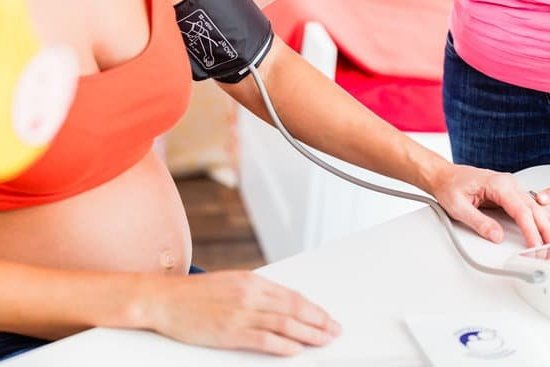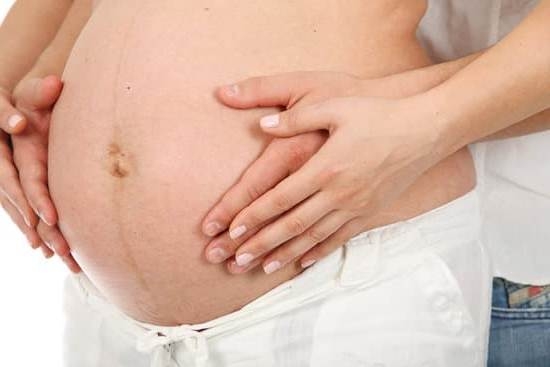Very Early Pregnancy Symptoms
The early weeks of pregnancy are an incredibly exciting time, but they can also be a little confusing, especially if you’re not sure what to look for. While many women experience very few symptoms in the early weeks, others may have quite a few. Here are some of the most common early pregnancy symptoms:
Nausea: Many women experience nausea in the early weeks of pregnancy. This may be accompanied by vomiting, or it may just be a feeling of nausea in the stomach.
Fatigue: Feeling extremely tired is another common early pregnancy symptom. This may be due to the increase in the hormone progesterone, which starts to increase shortly after conception.
Tender breasts: Your breasts may become tender and swollen early on in pregnancy, as your body starts to prepare for breastfeeding.
Missed period: This is often the first clear sign of pregnancy. However, some women may still have a period early on in their pregnancy, so it’s not always reliable.
changes in vaginal discharge: There may be a change in the amount or type of vaginal discharge in early pregnancy. It may become thicker and more mucous-like, or there may be an increase in vaginal infections.
If you’re experiencing any of these symptoms, it’s a good idea to take a pregnancy test to confirm whether you’re pregnant or not. If the test is positive, make an appointment with your doctor to start prenatal care.
Exercise In Early Pregnancy
Most pregnant women know that exercise is important, but many are not sure what is safe to do during their pregnancy. The American College of Obstetricians and Gynecologists (ACOG) recommends at least 30 minutes of moderate exercise on most days of the week.
There are some risks associated with exercise in early pregnancy, but these are generally rare and can be avoided by following a few simple guidelines. First, be sure to drink plenty of fluids and avoid overheating. You should also avoid contact sports, activities that involve jarring or bouncing, and exercises that require you to lie flat on your back.
Some safe exercises to consider include walking, swimming, biking, and prenatal yoga. Always check with your doctor before starting a new exercise program, and be sure to listen to your body and stop if you feel uncomfortable.
Exercise is an important part of staying healthy during pregnancy, and can help you feel better both physically and mentally. By following these simple guidelines, you can safely enjoy a healthy workout during your pregnancy.
Bleeding After Sex Early Pregnancy
Bleeding after sex is often one of the earliest signs of pregnancy. For many women, this is the first indication that they are pregnant. For others, it may be one of the first signs that they are not pregnant. Bleeding after sex can be caused by a number of things, including:
-Hormonal changes during early pregnancy
-Trauma to the cervix or vagina
-Infection
-Non-pregnancy related causes such as a sexually transmitted infection (STI) or cervical cancer
If you are experiencing bleeding after sex, it is important to see your doctor to determine the cause.
Chills Early Pregnancy
Many women experience chills during early pregnancy. While there are a number of potential causes for chills during early pregnancy, the most likely explanation is that the body is reacting to the sudden increase in hormones.
There is no need to worry if you experience chills during early pregnancy. In most cases, the chills are nothing to be concerned about and will go away on their own. However, if you are experiencing other symptoms along with the chills, such as fever, vomiting, or diarrhea, you should contact your doctor.
If you are experiencing chills during early pregnancy, there are a few things that you can do to help make yourself more comfortable. Try to dress in layers, and keep a blanket nearby to use when you feel cold. Drink plenty of fluids, and make sure to eat regular, healthy meals. If the chills are keeping you from sleeping, try taking a warm bath before bed.
Most cases of chills during early pregnancy are nothing to worry about. However, if you are experiencing other symptoms along with the chills, or if the chills are persistently bothersome, contact your doctor.
How Early Should You Take A Pregnancy Test
?
Most home pregnancy tests are designed to be accurate five days before your missed period. However, some women may detect pregnancy earlier than five days before their missed period. If you think you may be pregnant, it is best to take a home pregnancy test as soon as possible.

Welcome to my fertility blog. This is a space where I will be sharing my experiences as I navigate through the world of fertility treatments, as well as provide information and resources about fertility and pregnancy.





